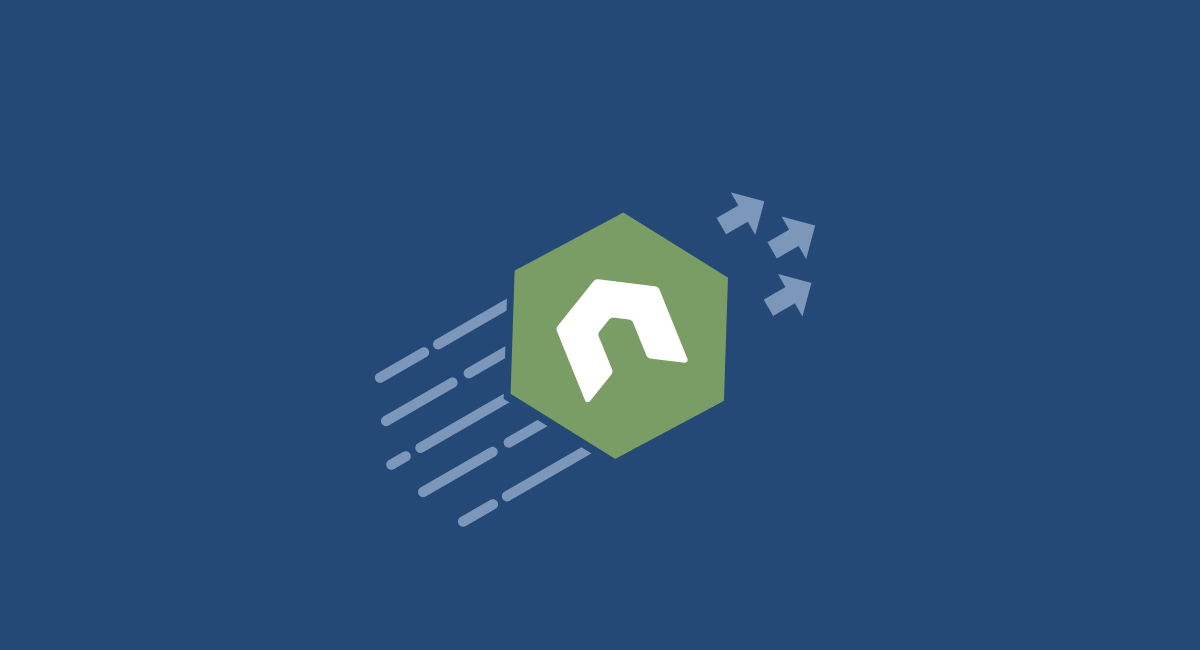Top 8 Tips to Speed Up NodeJS Development Process

It demands a lot of hard work to build qualitative software; consequently, NodeJS provides good productivity, but how can you overcome when the process is going too slow, and you can’t help with it? We are here with the solution. In this guide, you can get the best 8 techniques that will help you speed up the NodeJS development process.
Before that, let’s overview NodeJS. It has gained ample rage because it allows developers to build quick, scalable, and networked platforms. Node.js stands for the prevalent runtime environment for developing scalable and high-performance applications. Or we can say that utilizing Node is becoming a kind of trend for backend development where you can see some giant companies, such as Netflix, Linkedin, Medium, Adobe, etc., relying on Node proves its popularity.
Best Practices to Follow For Accelerating the NodeJS Development
NodeJS is an open-source, cross-platform runtime environment created on Chrome’s V8 JavaScript engine. Nodejs development trends count on the development of web applications, internet of things apps, real-time apps, and APIs.
All around, NodeJS is a robust and flexible runtime environment that is used to create a wide range of applications, from simple scripts to complex web apps. But you must be prepared for the obstacles that arise in the development cycle, and below are the steps that will assist you to get rid of them.
-
Look into the Error Scripts
The first and foremost thing is to make sure your web app program runs smoothly without any errors. Consequently, if you detect any irregularity in the program, the cause will be the error. If so, here comes the important aspect is to find the bug that was creating the trouble in the program.
For that, you can go through checking the program code to find the error. Furthermore, you can rely on logging to track the activity and API process traffic, where you can utilize some worthwhile logging modules such as Winston or Morgan for the procedure.
-
Query Optimization
The system database’s query generation process has a noticeable impact on Node.js performance. In addition, a poor query will significantly slow down data display. For instance, if you try to use MongoDB’s 4 million rows of data to find a certain row without using an index or a keyword search, the query will be incredibly slow.
So, it should be obvious that when the system calls the end-point that creates data, the database query procedure substantially impacts the environment’s performance. To get around this, make an effort to greatly optimize the queries in order to prevent a heavy database load in the NodeJS development process.
-
Typescript
TypeScript is a superset of JavaScript and incorporates static typing, allowing programmers to catch errors at the compile time rather than at the run-time. It can help prevent errors and enhance the overall quality of your code. While it requires additional effort to create, it can significantly reduce the time spent debugging and sustaining code in the long run.
You can get benefit from typescript to quickly fix typos, incorrect assignments, and other errors. Moreover, the type enforcement helps you to structure the code accurately.
-
Get Benefit From Caching
Caching significantly enhances the app’s performance by decreasing the need to fetch data repeatedly from data stores. For that, Redis is a favored option for caching, as it provides a fast and scalable solution that can be easily integrated into the platform. Other caching methods, such as in-memory storing and caching to files, can also be effective, depending on the specific use case and necessities of the application.
It’s essential to estimate the distinct caching options and choose the one that best fits the needs of your application. Conduct fast fetching of data and information by utilizing Redis for caching of the app, which will help with a lot of speedy NodeJS development process.
-
Go Asynchronous
As we know that NodeJS is single-threaded, which means one process can be run at a time. Thus the synchronous component of this technology can block the entire app while it pauses for the execution to be processed. As an upshot, the development speed and performance can be affected.
The answer is to go with the asynchronous APIs in the code or library to execute the codes in the meantime, where there will be no requirement to wait for implementation. NodeJS uses Libuv as an asynchronous library that merges event loops and even a thread pool to facilitate nonblocking and blocking processes.
-
Gzip Compression to Be Utilized
Gzip compression is a very common practice in the web app development process today. Gzip compression is a great tool for lowering the size of files being transmitted over the network, which helps relieve the portion of time it takes for resources to load on a website.
Gzip compression can even be utilized when the requests are dispatched to remote servers, which helps the web application to run quickly. By compressing responses and requests, gzip can help to level up the website performance and enhance the overall user experience.
-
Client Side Rendering
Client-side rendering can greatly improve the performance of web softwares developed using NodeJS. By using powerful MVC frameworks such as MeteorJS, BackboneJS, AngularJS, etc., developers can deliver single-page apps with high speed and excellent execution.
The client-side rendering approach allows these frameworks to directly expose APIs that shoot JSON responses in favor of the client without sending them via the server, which ultimately preserves bandwidth and reduces latency. Consequently, there are plenty of Nodejs frameworks available in the market which can be beneficial in several ways.
-
Go For Real-Time Monitoring
The program list should be added with a valuable provider who provides app monitoring. A web application is prone to inevitable concerns like bugs or errors that can poorly influence the app execution and the hard work subsidized in the development approach.
Therefore, using real-time monitoring tools can help track and remove any component impeding your application’s grade and equip you with comprehensive metrics and documentation of activity logs. Therefore, it is essential to integrate a potent and real-time monitoring device infrastructure in advance.
In Conclusion
After performing the above-listed recommendations, you will be able to achieve a more quick NodeJS development process. Some additional practices like automation tests, running in parallel, and engaging with binary modules can also be helpful for a speedy development cycle.
Looking for the right technology to build your next project? Elluminati can be the perfect match; we have a vast talent pool to hire NodeJS developers who can make the most out of Node to produce the best possible outcomes. We utilize the latest tech stacks and follow modern trends to develop quality solutions making it worth to invest in.



